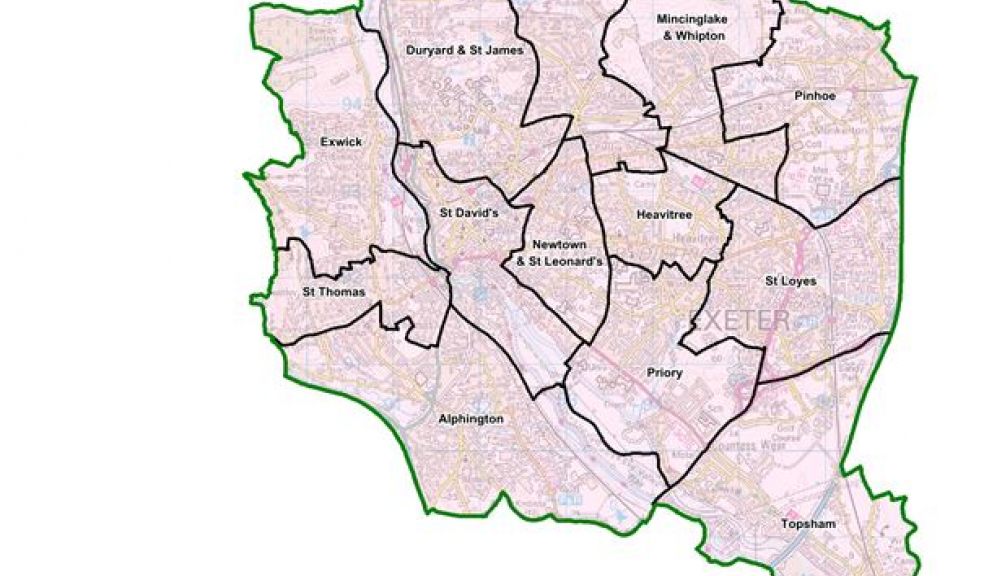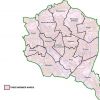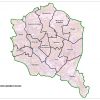
Electoral arrangements finalised for Exeter City Council
The independent Local Government Boundary Commission for England has published its final recommendations for new electoral arrangements for Exeter City Council.
Today’s publication follows an eight-week public consultation on its draft proposals and draws new boundaries for each council ward across Exeter.
The Commission’s final recommendations propose that Exeter should be represented by 39 city councillors in the future: one fewer than the current arrangement. The recommendations also propose that those councillors should represent thirteen three-member wards across the city.
Max Caller, Chair of the Commission, said, “We are extremely grateful to people across Exeter who took the time and effort to send us their views. The Commission considered every piece of evidence it received before finalising these recommendations.
“Across the city, we have sought to balance the views expressed to us by local people with the criteria we must apply when we are deciding on new electoral arrangements. As such, we believe these recommendations deliver electoral equality for voters as well as reflecting the identities of communities in Exeter.”
In response to representations made to it on the draft recommendations, the Commission has made changes to the draft proposals it originally put forward for consultation in June. In particular, the Commission has altered its draft recommendations to ensure that St Leonard’s Church is contained within the Newtown & St Leonard’s ward rather than St David’s as previously proposed.
The Commission has also amended its draft recommendations to strengthen the southern boundary of the Heavitree ward in response to a proposal made to it during consultation.
Elsewhere in the city, the Commission has confirmed its draft recommendations as final. Full details of the final recommendations are available on the Commission’s website at www.lgbce.org.uk.
The proposed new arrangements must now be implemented by Parliament. A draft order – the legal document which brings into force the recommendations – will be laid in Parliament in the coming months. The draft Order provides for the new electoral arrangements to come into force at the council elections in 2016.














